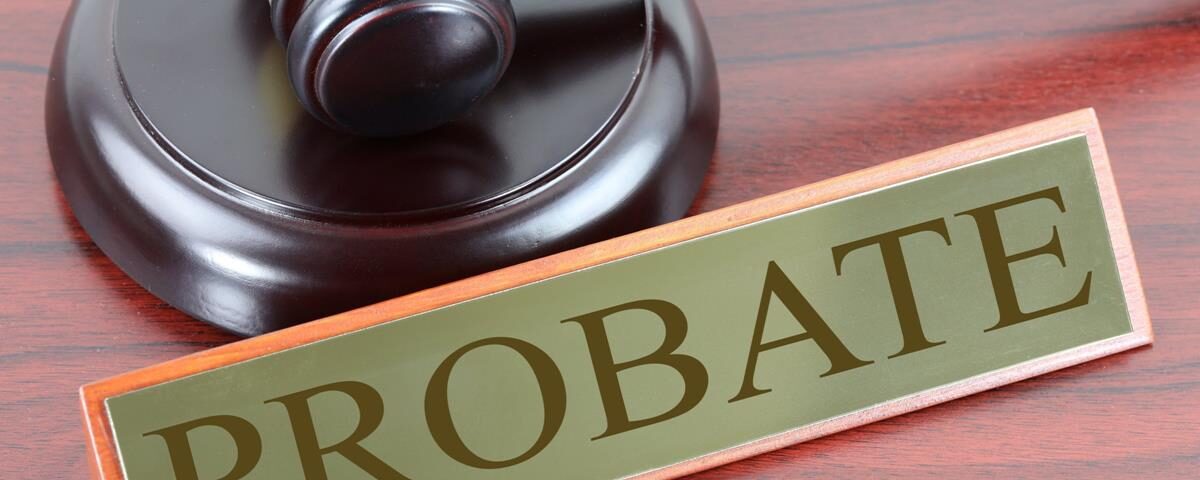- Have any questions?
- 01793296118
- mail@stellamarissolicitorsllp.co.uk
Probate

ASDA Loses Appeal in Equal Pay Case
April 14, 2021
Dismissal Due To Breach of Contract
August 13, 2022What is it?
Probate is the legal right to deal with someone’s estate when they die. The estate of a deceased person includes the persons property, money and possessions. No financial arrangements can be made until probate has been obtained.
How to get it
To get a probate, an individual can apply to the high court. However, you must confirm that you are eligible to apply and that it is necessary for the individual in question, before applying. In order to determine if inheritance tax must be paid, you must also evaluate and report the estate’s value.
Checking if it is needed
The applicant must get in contact with the necessary organisations that the deceased was linked with, for example the bank, pension provider and mortgage company are all relevant organisations. Each company will have their own rules.
A probate may not be needed if the person who died:
Eligibility – who can apply?
Who can apply comes down to whether or not there is a will involved written by the deceased. If there’s a will, only executor named within it can apply for probate. However, if the deceased did not draft a will, the closest living relative can apply. This can be the surviving partner of a marriage/civil partner, the children, or parents of the deceased.
- Only had savings
- Owned money or shares in stocks or companies with others. Their funds and shares
automatically pass on to surviving owners unless any contrary agreement was made. - Owned land or property as a ‘joint tenant’, meaning other parties are involved. The surviving partners automatically inherit the shares of the deceased.
If there is a will
The applicant must find the original will when applying for a probate. Copies of it cannot be used. The probate registry keep hold of the original document and it then becomes a public record. In the case that there are multiple wills, the applicant should send in the most recent one, but the other copies should be kept safe until probate is received. In the case that the original will cannot be found, the applicant must fill in a PA13 form. This form contains a questionnaire which helps to uncover details of the original will and it supports an applicant to continue their application for probate.
Is there more than one executor?
There can be up to 4 executors on an application for probate and they must all agree on who makes the application.
If you do not want to be an executor, you can give up your right to apply for probate or appoint
someone else to apply in your place. You can also give up your right to apply permanently by filling out a PA15 form. You can also maintain the right to apply at a later stage. This is known as holding ‘power reserved’. Furthermore, it is possible for someone else to apply on your behalf if you’re the only named executor in the will or there are other executors, but they are holding ‘power reserved’ or have given up their right to apply permanently. To do this, the form to fill out is the PA11.
If an executor is unable to apply due to health impairments/condition or death, a medical
professional will need to fill in a PA14 form so that any named substitute can take their place. If there is not one then another ‘entitled’ person, who is any beneficiary of the will, will need to apply for probate if they wish to.
No will
In the event there is no will, then the person who can apply to become the administrator of the
entire estate is the person who is most ‘entitled’. This is the closest living relatives of the deceased such as the husband/wife, civil partner or any children above the age of 18, including legally adopted children but to the exclusion of stepchildren.
Before applying
The following steps must be completed before applying for probate:
- Contact the relevant organisations to find out about persons assets and debts such as banks,
mortgage companies and utility providers - Estimate the value of the estate to find out if any inheritance tax must be paid. Although,
most estates are not subject to tax as the threshold for payment is £325,000
Fees
There are times where probate applicants will have to pay a fee to apply but this depends on the value of the estate in question. According to the latest fee guidelines published by the government, the fee for applying is £273 if the value of the estate is over £5,000. There is no fee to pay for applicants who own estates with a value of less than £5,000


